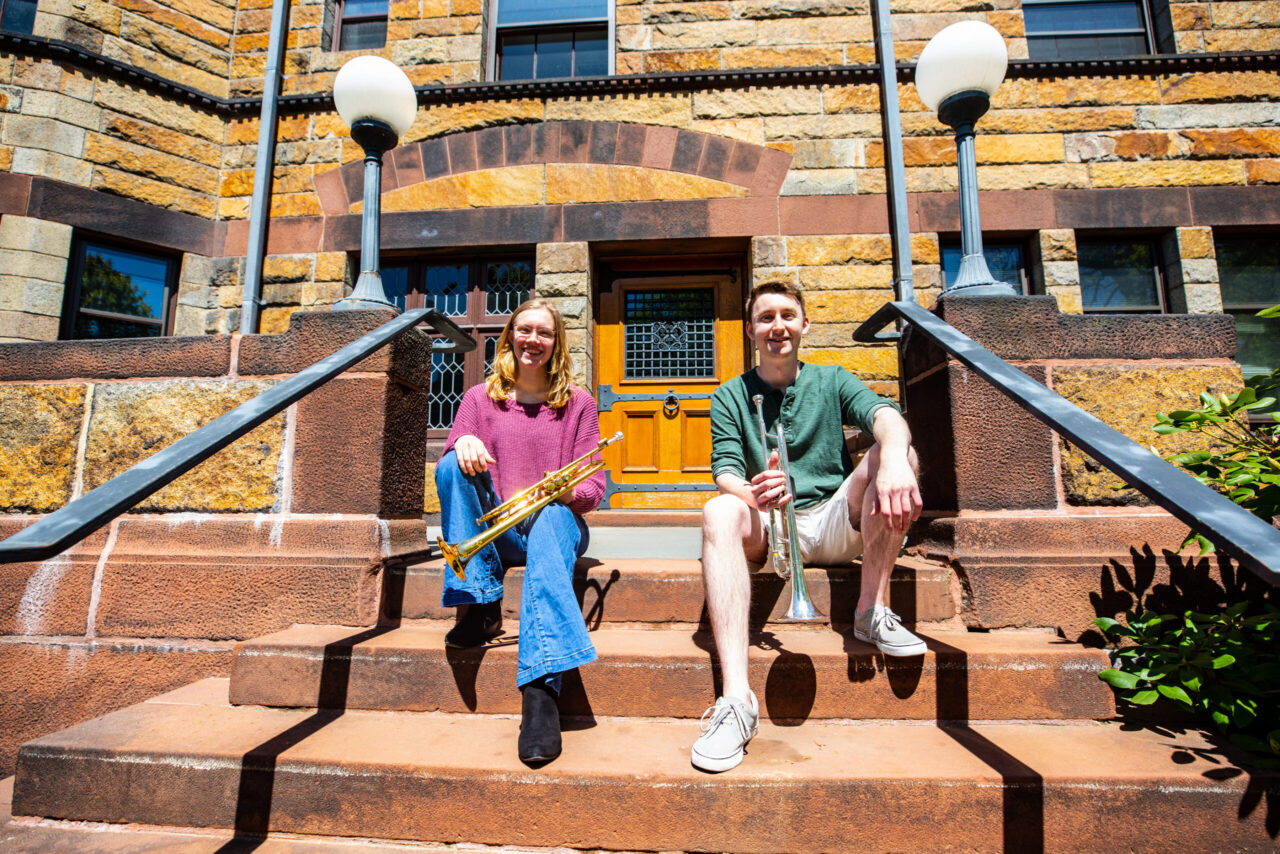Q: What factors are considered when determining the outcome of my appeal?
A: Longy’s scholarship committee will consider the following when reviewing your appeal:
· Your financial need (demonstrated by the FAFSA for domestic students)
· Your current scholarship/aid package
· Academic performance
· Alignment with Longy’s mission
· Audition/interview results (prospective students only)
· Semester in school (current students only)
· Appeal letter and amount of money requested
· Supporting documentation (competing offers, bank statements, etc.)
Q: Who am I appealing to?
A: Appeals are reviewed by Longy’s scholarship committee, which is comprised of the Dean of the Conservatory, the Associate Dean of Enrollment and Student Life, the Chief Financial Officer, and the Director of Student Financial Assistance.
Q: How long will it take to receive a decision about my appeal?
A: The scholarship committee will work to process your appeal as quickly as possible, but the response time will vary depending on the volume of appeals received. We do our best to respond within one week of receiving your appeal documentation.
Q: Is there a deadline to submit my appeal?
A: For prospective students, it is recommended to submit an appeal at least one week prior to the reply deadline listed in your offer of admission. That will give the committee ample time to review the request and respond with a revised offer if your appeal is granted. For current students, there is no deadline to submit an appeal; however, your new scholarship would not go into effect until the semester following your appeal request, if granted.
Q: How much money can I expect to receive from an approved appeal?
A: The scholarship committee will consider the amount requested in the appeal form. However, appeals approved by the scholarship committee generally fall in the range of $250-$4,000. Please note that a scholarship increase is not guaranteed by the appeals process.
Q: Can I appeal for a full-tuition scholarship?
A: Students are rarely awarded full-tuition scholarships through the appeals process. This process is designed to help the vast majority of students come closer to meeting their financial needs.
Q: Can I appeal for housing funding or other emergency assistance?
A: Longy’s institutional funding cannot exceed the cost of tuition and, therefore, cannot be applied towards housing or other outside expenses.

